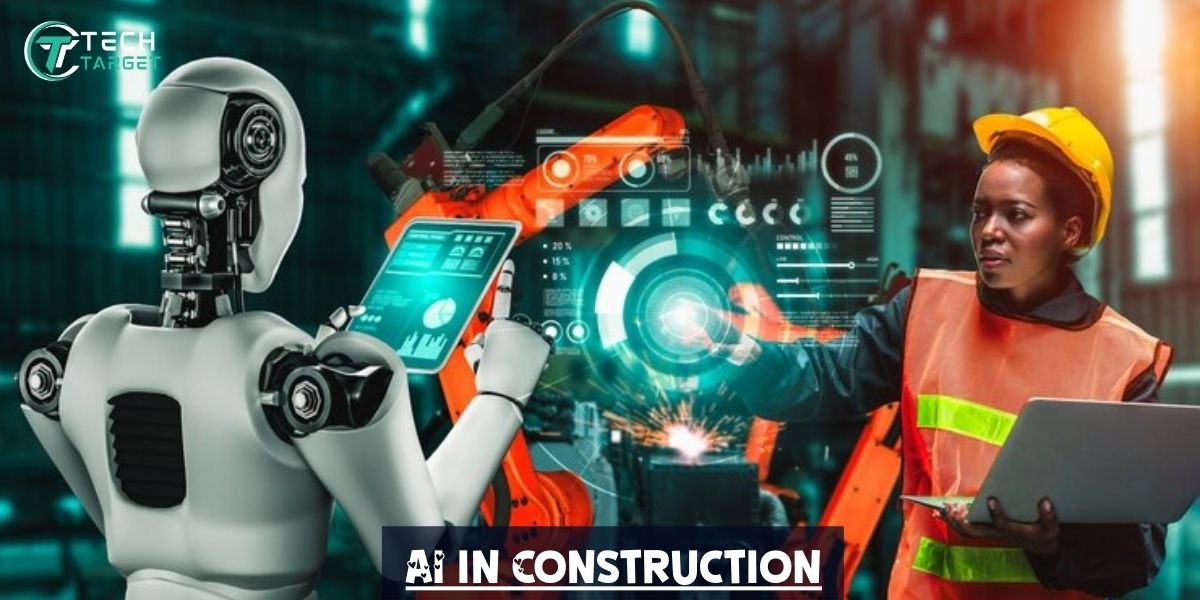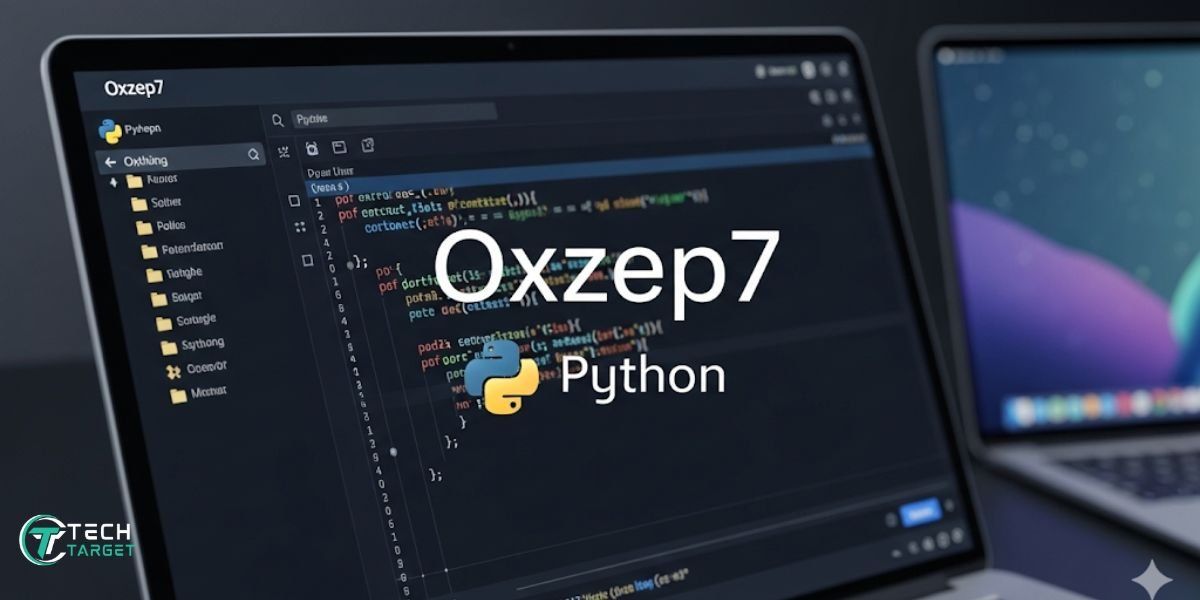AI has become a headline across different sectors, and the construction industry is no different. Globally, AI in construction projects is becoming common. According to a study from Fortune Business Insights, the AI market in the construction sector was valued at $3.93 billion in 2024. This number is expected to grow in the future, with an expected market size of $22.68 billion by 2032. AI is a part of large-scale commercial projects and aims to enhance different aspects of the construction work. AI can help construction firms create plans and designs from the ground up. It also helps in managing supplies and allocating resources. This blog will discuss the role of AI in construction, detailing all the key aspects such as use cases, benefits, and future prospects.
Explaining AI in Construction
Artificial intelligence is the replication of human intelligence and is a thoughtful implementation for construction projects. As it analyzes large amounts of real-time data, AI can uncover patterns across different stages of the construction cycle. From pre-construction planning to post-construction maintenance, AI can become the processing power. Let’s take the example of a simple AI chatbot like ChatGPT.
Firms can ask LLM-based models to perform predictive analysis and suggest changes to an existing project schedule to save time and cost. Upon feeding AI the required data, such as deadlines and financial constraints, it can suggest practical solutions to the problem. Human minds can further add to it to curate the most suitable solution possible.
The rollout of new technologies is making AI incorporation faster. On the other hand, the complexity of construction projects is also rising with new architectural designs and increasing client demands. The management and involvement of partners, specialists, and suppliers is also a key concern in modern-day construction projects. AI can excel here as well with innovative plans and management strategies.
AI Use Cases in the Construction Industry
Artificial intelligence has wide applications across the construction sector and plays a central role in all phases of the construction lifecycle. Here is a breakdown of each phase, leveraging AI potential to maximize productivity and efficiency.
Initial Phase (Preconstruction)
The first phase of the construction cycle is the pre-construction or planning phase, where all sorts of selections and decisions are made regarding the project workflow. It covers planning, design, resource allocation, scheduling, and budgeting. All the feasibility studies and analyses are performed in this phase. AI algorithms can help stakeholders and analysts yield more compelling and productive reports, helping them determine all the constraints and KPIs of the project. Furthermore, AI can predict the material estimates and durability while recommending the best packages, optimizing costs, and helping construction teams get an even workload. Also, AI can design and review blueprints effortlessly, which previously was a manual task (prone to error).
Work Phase (Construction)
The construction is the second phase of every project, and it is the step where plans are executed. With AI in construction, teams can ensure the productivity and efficiency of work with AI’s predictive analysis. It ensures that the supply chain remains smooth and the working teams don’t face any setbacks. Moreover, AI can predict material shortages and times, reducing snags in the work. This improves work time and minimizes the risk of potential malfunctions due to a lack of material. For large-scale enterprise projects, AI drones can inspect the construction phase in real time with aerial image processing. It recommends to teams the most suitable sequence of work by analyzing BIM models and improving communication and collaboration in real time.
Maintenance (Post Construction)
Maintenance and optimization are key parts for construction firms to ensure the project’s success even after years of its completion. AI in construction allows predictive maintenance, which accurately forecasts maintenance times and the cost of repairs. As AI software monitors usage and statistics 24/7, it can recommend actions for almost all parts, such as thermostats, lights, batteries, UPS, and elevators.
Benefits of AI in Construction
The potential of AI in construction has not been tested to its limits. It is mainly employed for automation purposes only, but it can significantly enhance the ability to work across different areas. Here are some key advantages of AI in the construction industry.
Improving the Overall Safety of the Workers
Worker safety should be the first and foremost priority of every construction firm. According to the statistics, 1075 fatal injuries occurred in 2023 due to a lack of worker safety. This number may rise if proper safety measures are not put into place. The firms that employ AI solutions can predict any safety risks for the workers, just like a weather forecast. It processes the data and analyzes different factors such as jobsite equipment, stability of machinery and tools, and other construction materials. When it finds any potential risk, AI can further recommend maintenance tips. In this whole process, AI systems use computer vision and image processing algorithms to predict safety precautions. A firm can use on-site cameras to perform risk analysis using AI.
Modern Day Construction Design Assistance
Design and planning before any construction project is a crucial part of its success and future. Modern-day plans and design requirements are quite different from traditional ones as they cover the latest infrastructure and smart construction protocols. AI can significantly improve operations in this regard. For instance, construction analysts can evaluate project portfolios using AI’s real-time data analysis. They can also cover different scenarios and alternative design plans through AI’s deep vision. This allows detailing of resources and easy cost calculation, enabling the stakeholders to make informed, intelligent decisions. Similarly, project teams can improve their design efficiency by leveraging the power of AI design with a complete sequence of factors that cover all parts of construction, such as mechanical, electrical, and plumbing.
Reducing Overall Costs
Cost analysis is an important part of every construction project to ensure that the overall cost doesn’t exceed the allocated budget. Traditional methods of cost monitoring and estimation are not 100% accurate, slow, and can fluctuate with market prices. With AI in construction projects, estimating overall costs becomes easy and accurate, as AI can analyze market prices and their projected ups and downs by learning from previous patterns of data. This helps stakeholders to create the budget estimates that are precise and fulfill all the requirements of the project size and construction. All these predictive analytics enable firms to stay on their budget and allocate the required labor, materials, and compliance solutions.
Quality Control & Maintenance Optimization
AI in construction can provide a step-by-step guide to maintain quality even before the project begins. The tools and software for AI-powered construction calculate each aspect of the project, such as client requirements, design, architecture, material, and efficiency. Moreover, AI helps in 3D building blueprints on the go, which enables experts to identify potential issues in the design and construction flow. AI can also suggest alternative options and automatically flag potential issues to reduce the likelihood of reworking the same task. AI sensors and drones can fly over sites to monitor quality standards and perform aerial surveys.
AI can enhance maintenance and optimization operations by processing real-time data. Dubai, when building the world’s tallest building (Burj Khalifa), used AI-driven predictive maintenance to optimize operations. They monitored 57 elevators, 8 escalators, and all the operational machinery across 163 floors of the Burj Khalifa using AI. Upon the slightest uncertain figure in machine and work statistics, AI systems issued alerts and vibrations to notify stakeholders of maintenance. This proactive approach allows quick maintenance and augments the construction efficiency significantly.
Sustainability & Energy Efficiency Enhancements
Ensuring energy efficiency is an essential requirement for large-scale construction projects. Not complying with sustainability and energy regulations can cause fines and disruptions in project workflows. AI in construction can help firms prioritize energy efficiency across each step of the process. For instance, HVACs need to track weather conditions to optimize the use of batteries. AI can help in this decision-making, allowing installed components to efficiently consume energy on the construction site and after the project’s completion. Ensuring energy efficiency is necessary as the construction sector is in the fifth rank in global carbon emissions (2024 UN Report).
To cut carbon emissions, construction firms need to monitor and optimize their operations, such as 3D printing, material preparation (from burning), and reducing waste from all sorts of structural elements. AI in construction can adjust these processes by creating structures with recyclable materials such as bricks. The recyclable structures do not require further preparation, such as kiln firing, and reduce carbon emissions by 90%. AI can further help estimate sustainable material cost, allowing firms to buy mostly recyclable raw materials.
Future of AI in Construction
The future of AI in construction is booming, and the statistics show a steep rise in implementations reaching the market reach of modern construction to $11.85 by the end of 2029. It will enhance construction in areas of sustainability and working efficiency. Like Burj Khalifa, new construction projects will implement AI, such as the Saudi Arabia NEOM City Project – The Line. This will take away all the traditional labor work and will bring a new area of innovative construction development. Industry augmentation will enhance human expertise, allowing managers to perform their duties better with transparency.
Final Thoughts
AI in construction is the future of innovative developments and offers new avenues of stability. The benefits are endless and improve construction across all phases from pre-construction to maintenance. The addition of robotics to construction will bring collaboration and scheduling of operations between machines and humans. Those firms that do not have AI implementation can lag behind in the market. In a nutshell, construction firms should incorporate AI solutions to stay ahead of their competitors as well as boost production efficiency.










